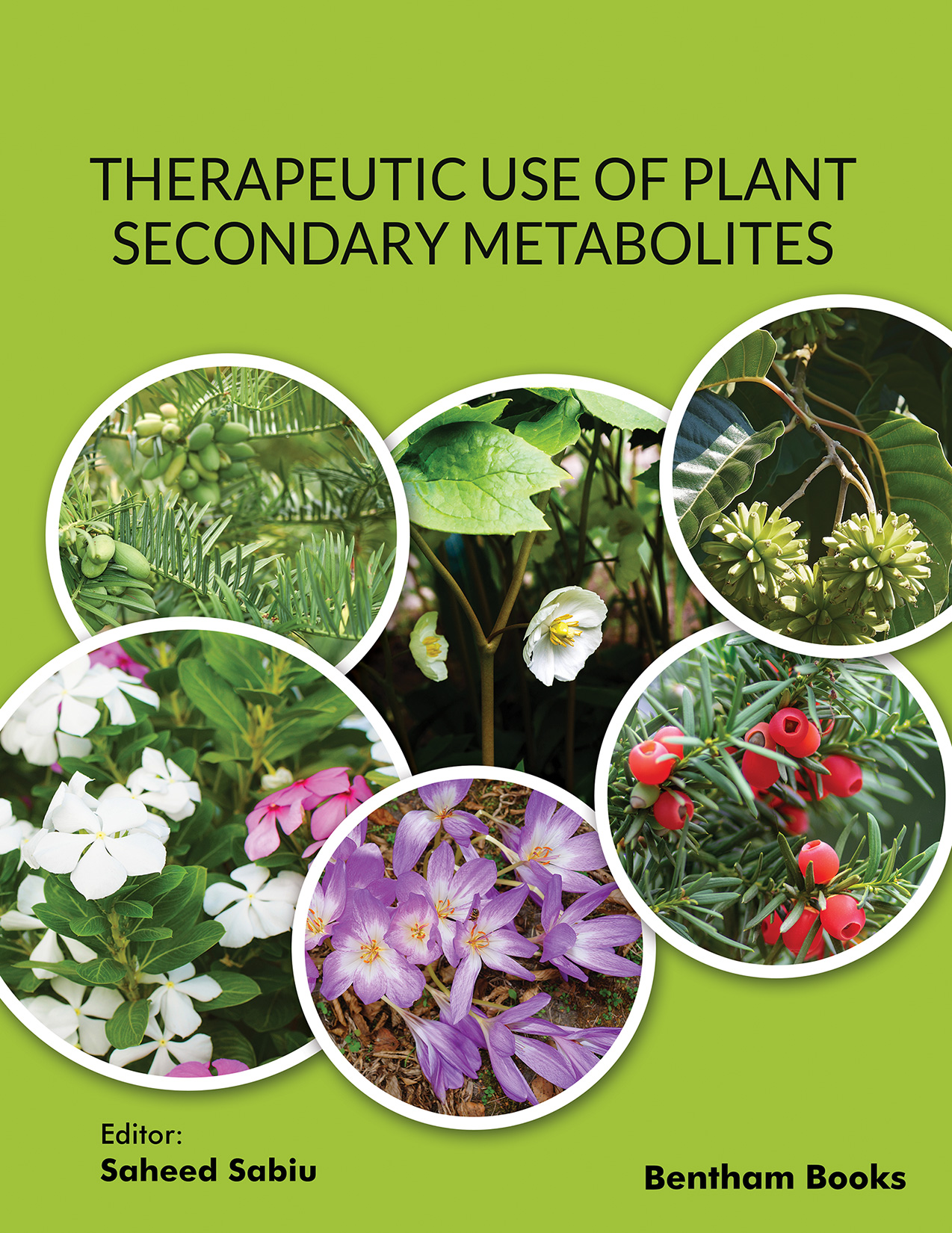Introduction
The book is an evidence-based reference about biochemical mechanisms of action of plant secondary metabolites. It conveys an understanding about how plant-based therapies work, and explains their role in the treatment of complementary and alternative medicine for in the treatment of diabetes, cancer, neurodegenerative disorders, microbial infections, etc., The 15 chapters are written by eminent scholars, lecturers, and experts in indigenous knowledge systems (IKS), industrial and medicinal plants, phytotherapeutics, and phytoinformatics. Reports on health benefits of specific phytochemicals are also highlighted. In addition to basic concepts in medicinal chemistry and ethnopharmacology, the book covers the role of modern computer techniques in developing new pharmaceuticals from plat sources.
Therapeutic Uses of Plant Secondary Metabolites is timely and valuable reference for both undergraduate and postgraduate students in medicinal chemistry, as well as researchers and professionals in IKS, phytomedicine, ethnopharmacology, phytopharmacology, plant biotechnology, drug discovery and development, and phytotherapeutics.
Audience: Researchers in the field of IKS, phytomedicine, ethnopharmacology, phytopharmacology, plant biotechnology, drug discovery and development, and phytotherapeutics; students of medicinal chemistry programs.

